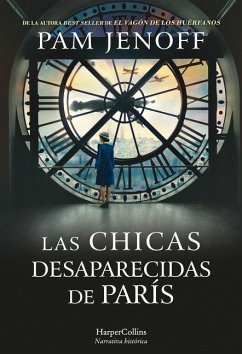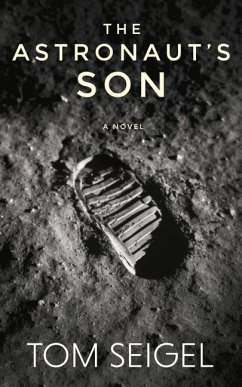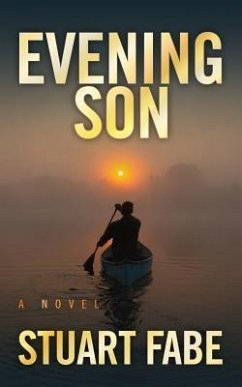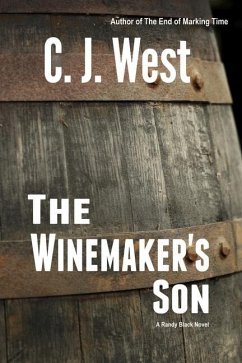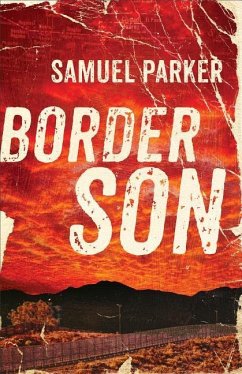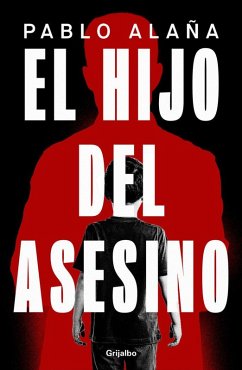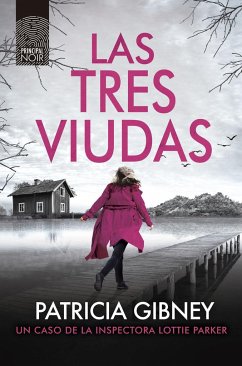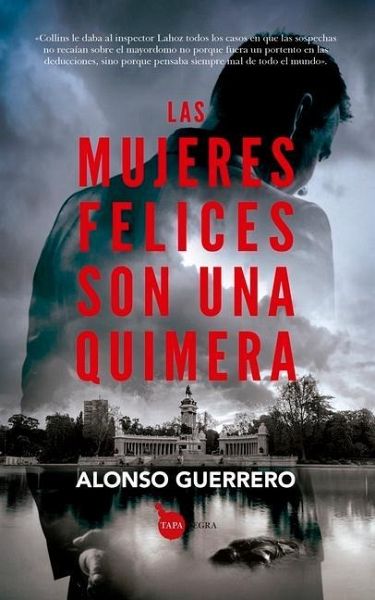
Mujeres Felices Son Una Quimera, Las
Versandkostenfrei!
Versandfertig in über 4 Wochen
17,99 €
inkl. MwSt.

PAYBACK Punkte
9 °P sammeln!
A 38-year-old man appears hanging from a tree, but the forensic surgeon reveals that he was hanged after having been killed: an incision in the parietal bone with a twenty-centimeter nail. Enrique Lahoz, a steppe wolf nicknamed by his colleagues "the ghost", who has been a policeman for twenty years, fifteen of which not wearing the uniform and ten not appearing at the Madrid Police Station to which he is assigned, works alone and in the strangest cases. A main character who is a victim of his own way of life, to which he has been led by his daily reality as a judicial investigator. Lahoz has ...
A 38-year-old man appears hanging from a tree, but the forensic surgeon reveals that he was hanged after having been killed: an incision in the parietal bone with a twenty-centimeter nail. Enrique Lahoz, a steppe wolf nicknamed by his colleagues "the ghost", who has been a policeman for twenty years, fifteen of which not wearing the uniform and ten not appearing at the Madrid Police Station to which he is assigned, works alone and in the strangest cases. A main character who is a victim of his own way of life, to which he has been led by his daily reality as a judicial investigator. Lahoz has to unravel a complex case in which a series of murders follow one another whose modus operandi outlines the criminal as a true serial killer. Set mainly in Madrid, sects, sordid environments, vile and sinister characters come to life, grouped in strange clubs of the Deep Web, that dark area of the Internet, to weave an absorbing plot, full of twists, in which the judicial police, the criminal instruction and the world of the legal profession emerge with their most determining features. With well-drawn characters and sharp social criticism, Happy Women Are a Chimera provides the reader with a very well-crafted criminal story, with a completely surprising ending.



